Hormone Support Myths Debunked: What Science Really Says
In recent years, hormone health has become a booming industry. From supplements and therapies to lifestyle advice and alternative solutions, people are bombarded with claims promising better balance and vitality. With so much information available, it can be difficult to distinguish between proven science and clever marketing. This article explores common myths about hormone support, separating fact from fiction and uncovering what truly works.
Recognize That Natural Supplements Are Not Always Effective
Many people gravitate toward natural supplements for hormone health because they are marketed as safe, gentle, and holistic. Products like maca root, black cohosh, and evening primrose oil are often promoted as hormone balancers. While the appeal is strong, research shows the reality is more complicated.
Scientific studies reveal that the evidence for these supplements is inconsistent. Some small-scale trials suggest benefits, but larger reviews often find little to no measurable improvement in hormone-related conditions. In fact, the lack of standardized dosing and regulation makes results unpredictable. Supplements may vary in strength, purity, or even contain contaminants that pose health risks.
The idea that ‘natural equals safe’ can also be misleading. Some supplements interact with prescription medications, intensifying side effects or reducing effectiveness. For example, St. John’s Wort can interfere with antidepressants and birth control pills. This demonstrates why it is critical to consult a healthcare professional before adding supplements to a routine.
The science is clear: while natural supplements may support overall wellness for some, they should never be relied on as the primary method for balancing hormones. Instead, they are best used as part of a broader, evidence-based hormone support plan.
Examine Evidence for Proven Therapies
Instead of focusing solely on supplements, it is essential to consider therapies with robust scientific evidence. Hormone replacement therapy (HRT), for example, has been extensively studied. According to the American Journal of Translational Research, a meta-analysis of 24 randomized controlled trials, including over 5,000 patients, confirmed that HRT significantly improves menopausal symptoms, such as hot flashes, and quality of life measures compared to controls. This kind of evidence shows the effectiveness of properly monitored, medically supervised treatments.
Another emerging field in hormone support is peptide therapy, which involves the use of amino acid chains to regulate and stimulate various body functions. Early research suggests that peptides may help support hormonal health by influencing metabolism, growth hormone production, and tissue repair. While still being studied, peptide therapy shows promise as an option when guided by medical supervision.
This underscores a broader lesson: therapies that undergo clinical research and medical evaluation provide far more reliable results than unverified supplements. Patients benefit most when treatments are grounded in science rather than marketing.
Understand That Hormone Imbalance Is Not the Cause of Every Problem
Another common myth is that hormone imbalance is the root of nearly every health concern. While hormones undeniably play vital roles in the body—affecting mood, energy, weight, and reproductive health—they are rarely the only factor behind chronic symptoms.
Fatigue, for instance, can stem from sleep deprivation, poor diet, or high stress, rather than hormonal shifts alone. Weight gain may be linked to lifestyle, metabolic rate, or genetics, not just hormonal changes. Even mood issues like anxiety and depression are influenced by a mix of brain chemistry, environment, and life experiences.
Hormone imbalance is real, but attributing every symptom to it can lead to ineffective or unnecessary treatments. A comprehensive health evaluation—looking at diet, lifestyle, medical history, and environment—is essential before assuming hormones are the culprit.
Healthcare professionals emphasize thorough testing and context when diagnosing hormone-related issues. Single blood tests or at-home kits rarely capture the full picture, as hormone levels naturally fluctuate throughout the day and across life stages. Reliable treatment requires a multidimensional approach.
Acknowledge That Hormonal Changes Affect Men and Women
A persistent misconception is that only women face hormone fluctuations. While women experience major hormonal shifts during events like menstruation, pregnancy, and menopause, men are not exempt. Testosterone levels in men naturally decline with age, often leading to fatigue, mood changes, reduced muscle mass, and lower libido. This gradual change, sometimes referred to as andropause, can significantly affect quality of life.
External factors like obesity, stress, and poor lifestyle habits can further accelerate hormonal changes in men. Cortisol, the stress hormone, often interacts with testosterone, amplifying symptoms when balance is disrupted.
Recognizing hormonal changes in men is crucial for early detection and proper hormone support treatment. This can involve lifestyle adjustments, targeted therapies, or in some cases, medical interventions like peptide therapy designed to stimulate hormone production or optimize balance. By acknowledging that hormonal changes affect everyone, healthcare becomes more inclusive and effective.
Explore Age as a Major Factor in Hormonal Health
Age is one of the biggest influences on hormone production. Women experience menopause, marked by a decline in estrogen, while men face gradual decreases in testosterone. Both processes bring noticeable changes in energy levels, weight distribution, mood, and sleep.
As people age, metabolism slows and hormone regulation shifts, making lifestyle habits even more important. Regular exercise, stress management, and nutrient-rich diets can all help mitigate age-related hormone decline. Healthcare professionals may also recommend therapies tailored to age-specific needs, from HRT in women to interventions that support testosterone levels in men.
Medical science continues to explore how treatments like peptide therapy can complement lifestyle strategies for age-related hormone decline. While not a replacement for traditional therapies, peptides may offer additional benefits for hormone support when used appropriately under medical supervision.
The key takeaway is that age-related hormonal changes are natural, but their impact can be managed. With the right combination of lifestyle practices and medical support, individuals can maintain energy, health, and vitality well into later years.
Adopt a Comprehensive Approach to Hormonal Health
The final myth to address is the idea that a single pill, supplement, or therapy can fix all hormone issues. Hormonal health is far too complex for one-size-fits-all solutions. Instead, the most effective strategies are comprehensive, combining multiple aspects of health.
Lifestyle plays a critical role. Regular strength training and cardiovascular exercise help regulate insulin sensitivity and stress hormones. A diet rich in whole foods, lean proteins, and healthy fats supports steady hormone production. Adequate sleep and stress management further promote hormonal balance.
Medical oversight is equally important. Healthcare providers can evaluate hormone levels within the broader context of health, identifying when therapies like HRT, thyroid medication, or other targeted treatments are appropriate. In some cases, therapies such as peptides may be considered, but only when part of a larger, carefully designed plan.
This holistic perspective ensures that patients are not chasing quick fixes or falling for marketing myths. Instead, they are engaging in long-term, evidence-based practices that genuinely improve well-being.
Hormonal health is a subject filled with myths, but scientific evidence paints a clearer picture. Natural supplements may help some individuals, but they are not magic solutions. Hormone imbalances are real but not responsible for every health problem. Both men and women experience hormonal changes, especially with age, and managing them requires more than a single approach.
For those looking to improve their hormonal health, a comprehensive, medically guided strategy is the best path forward. Evidence-based treatments like peptide therapy, HRT, and emerging therapies offer real benefits when used under professional care. By focusing on lifestyle, medical evaluation, and proven therapies, individuals can avoid the pitfalls of misinformation. For personalized guidance on achieving optimal hormonal balance, contact Dr. Mark Neumann today for hormone support services and take the first step toward a healthier future.

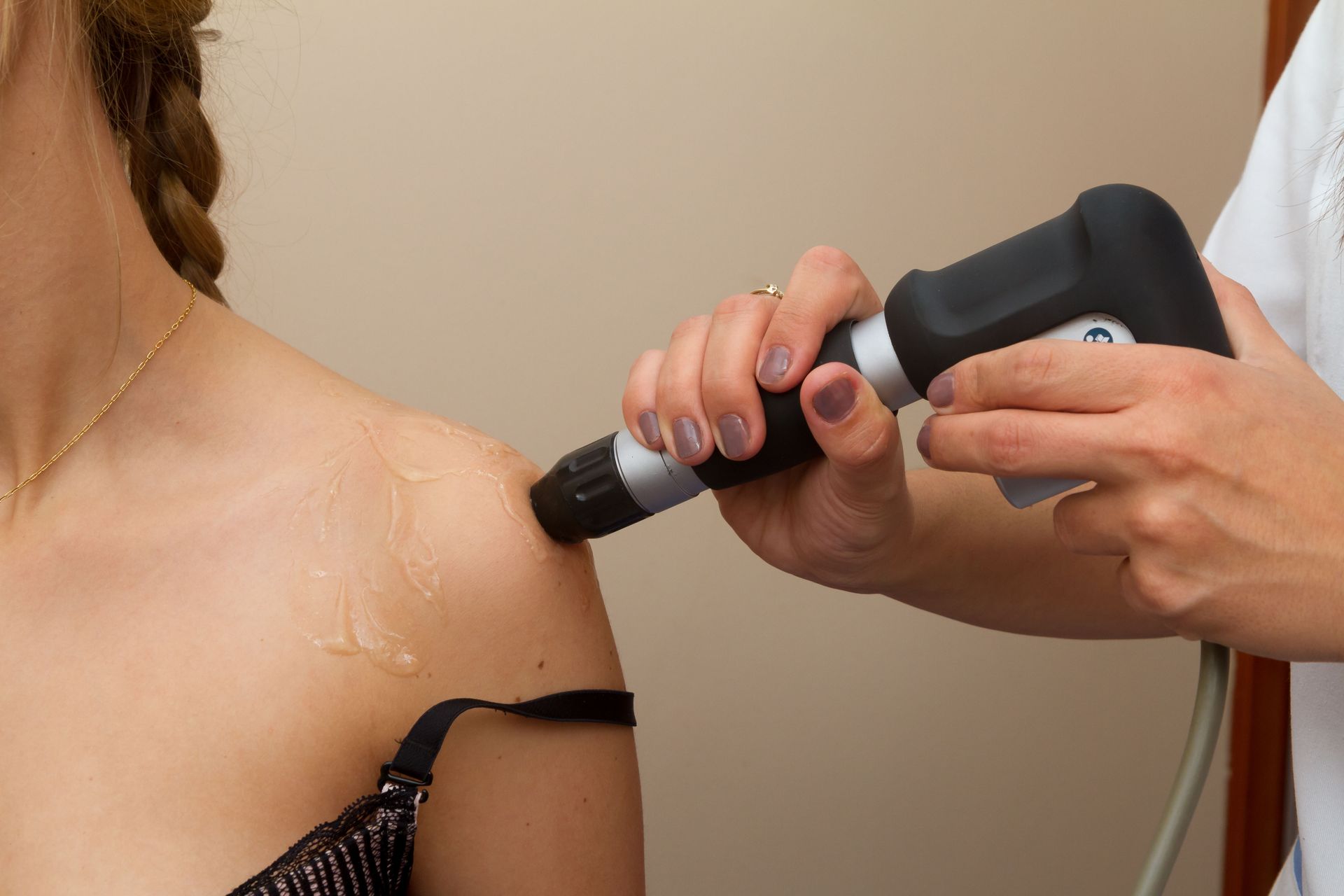
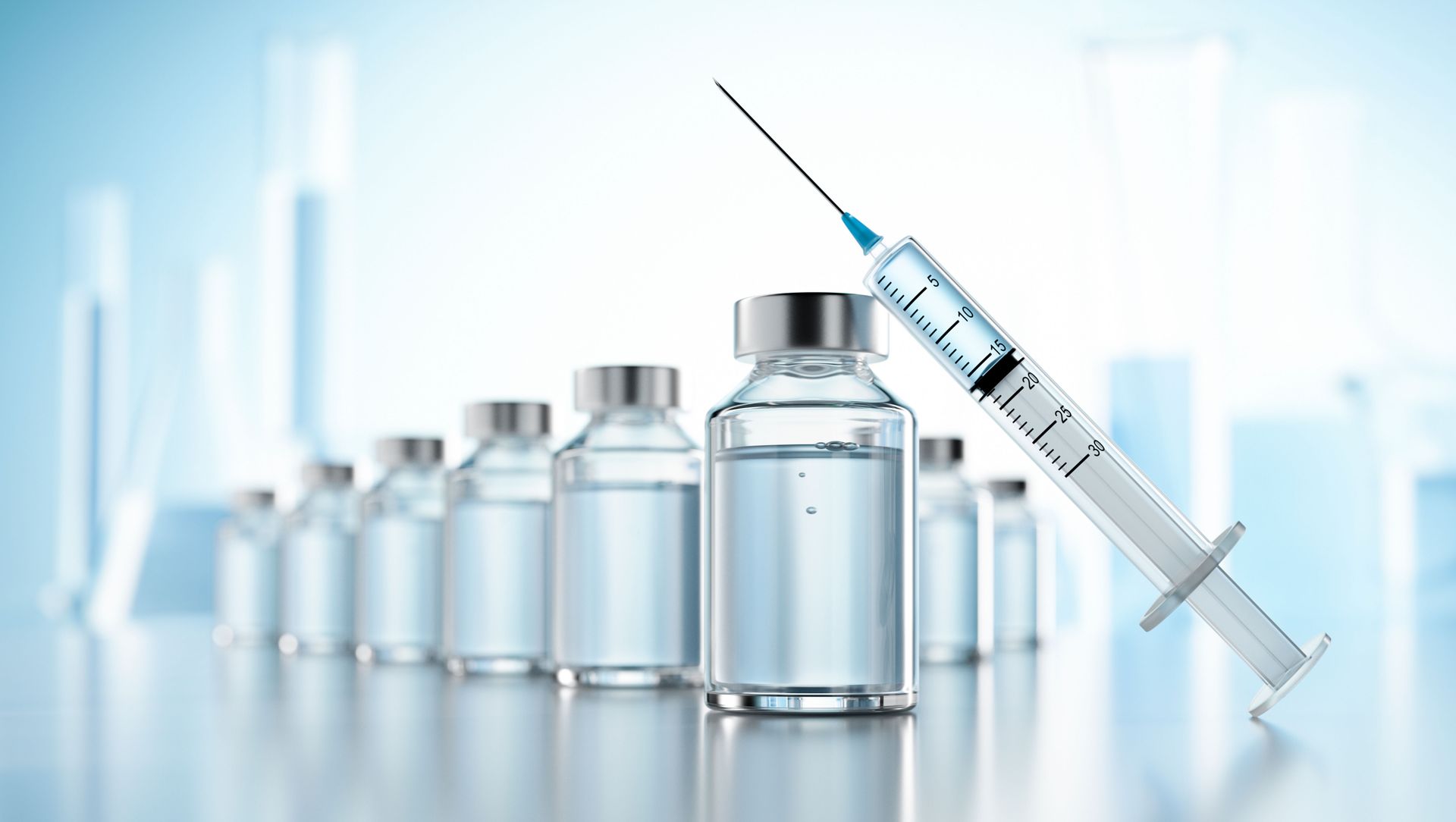

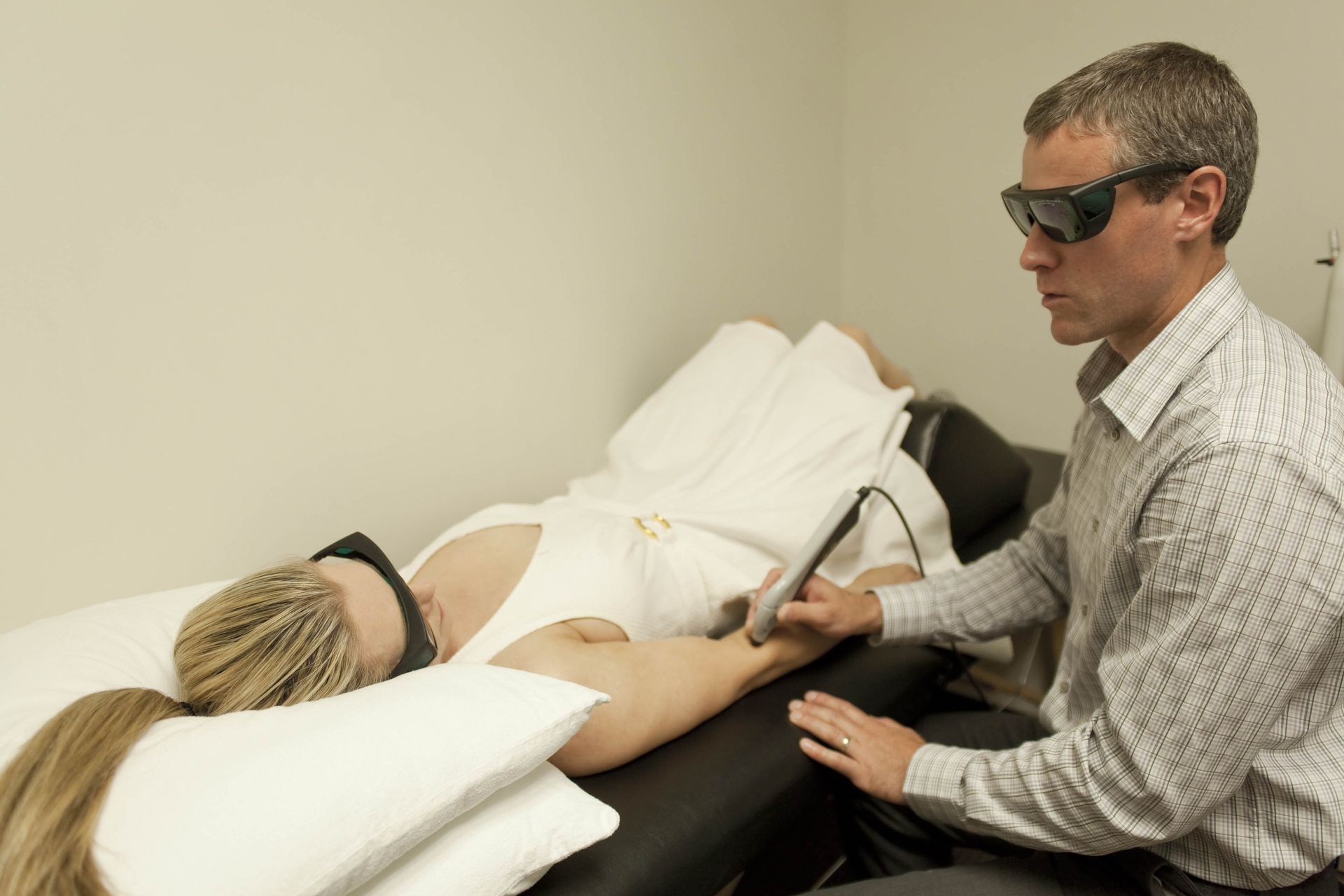

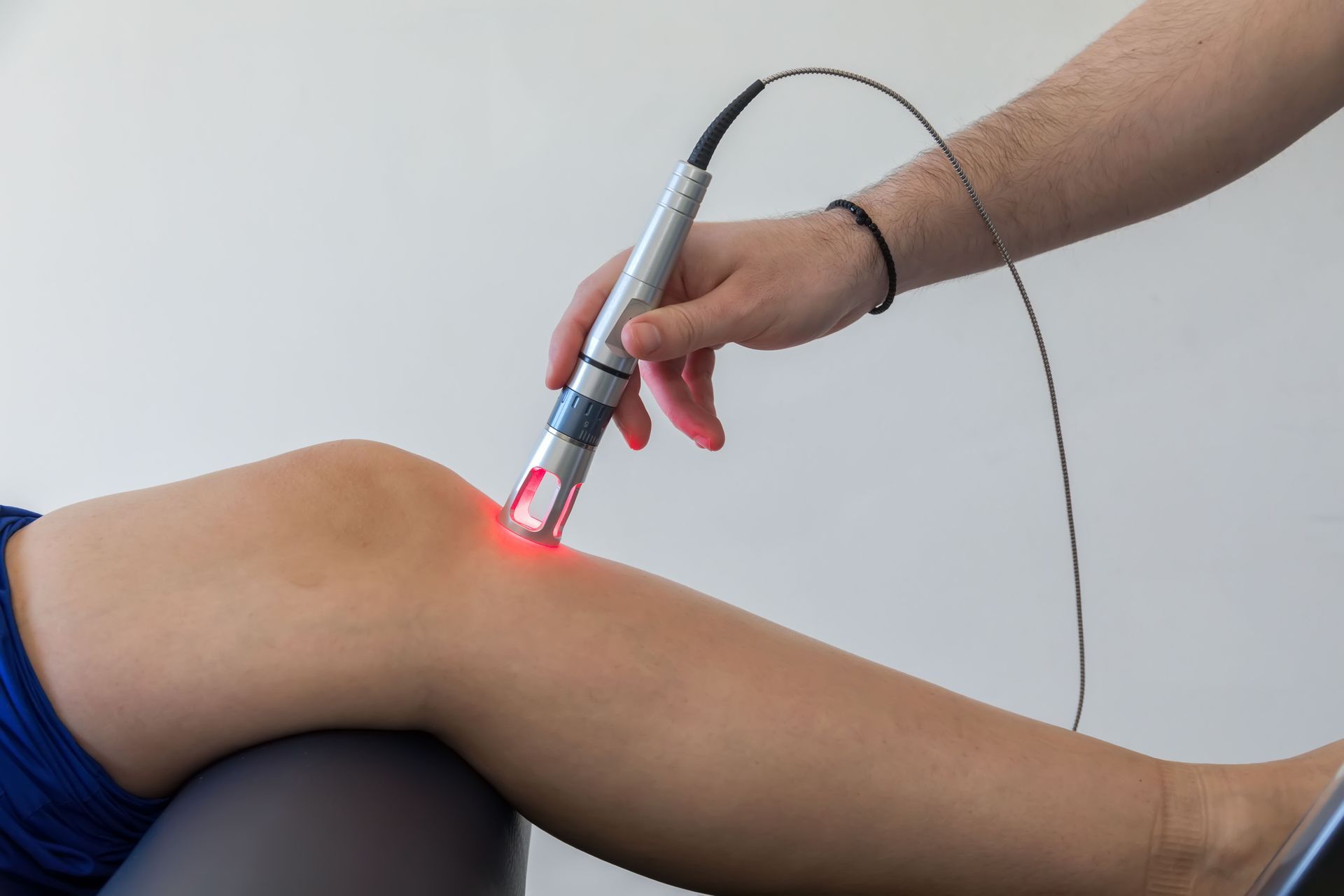
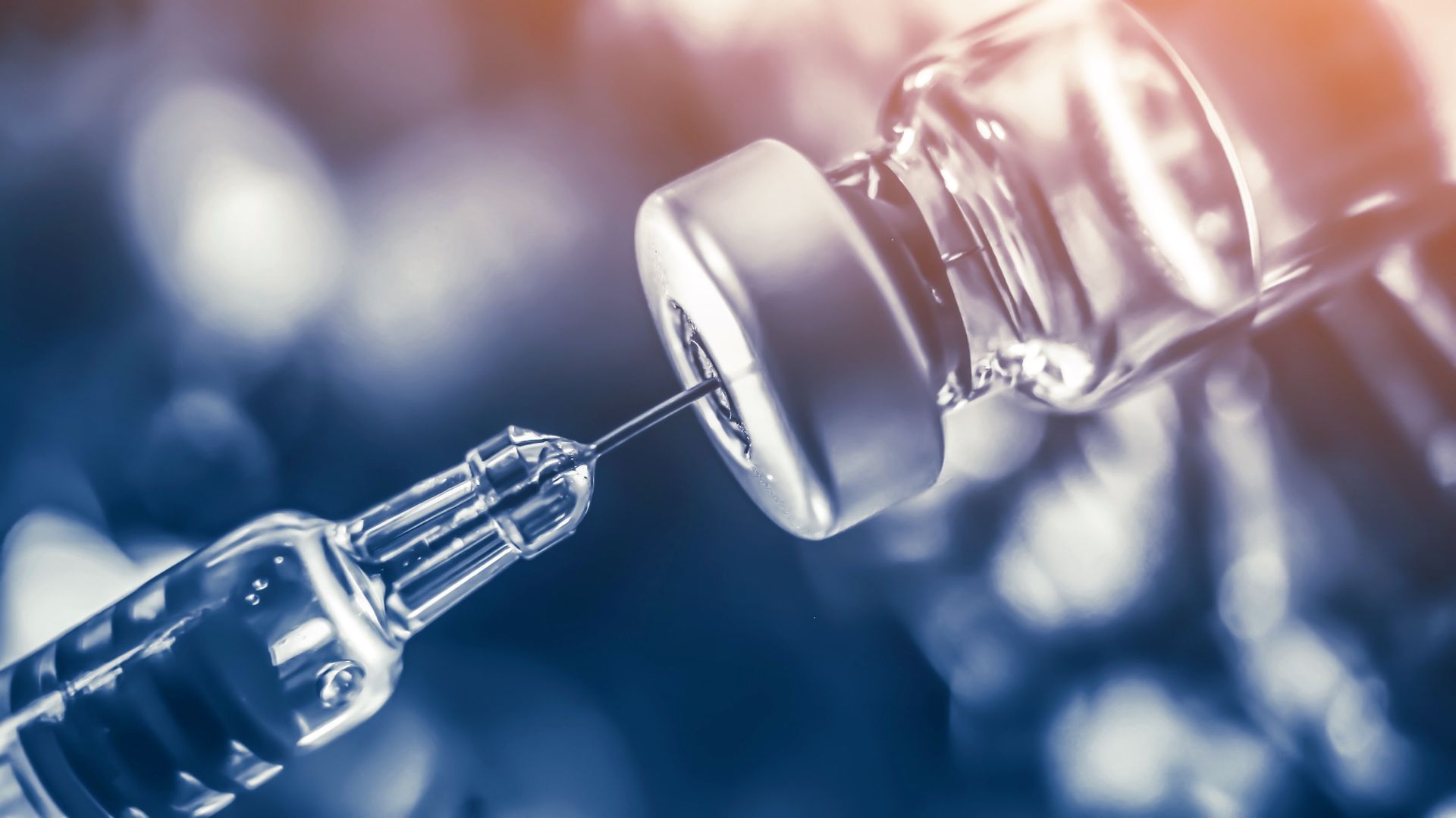

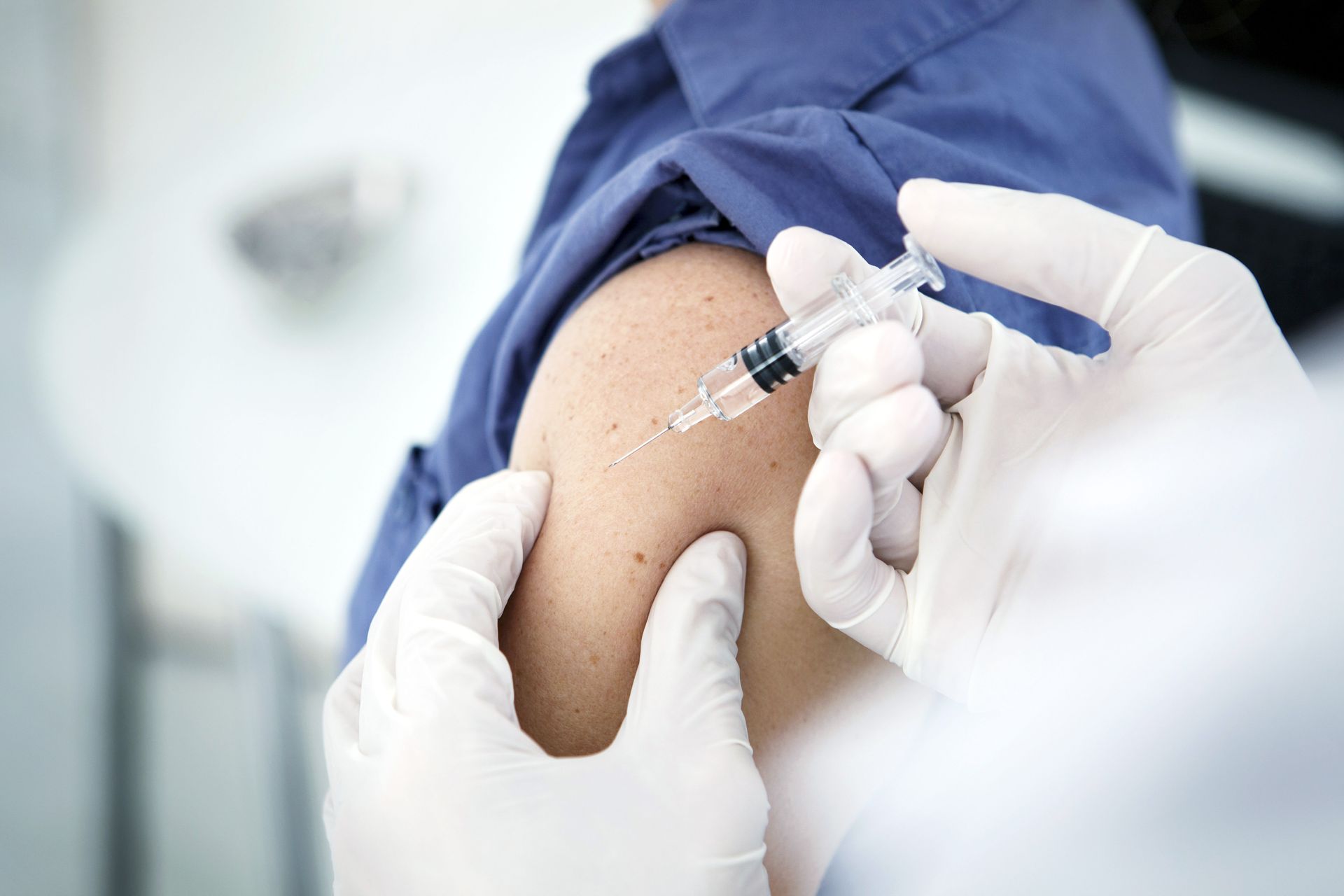

Share On: